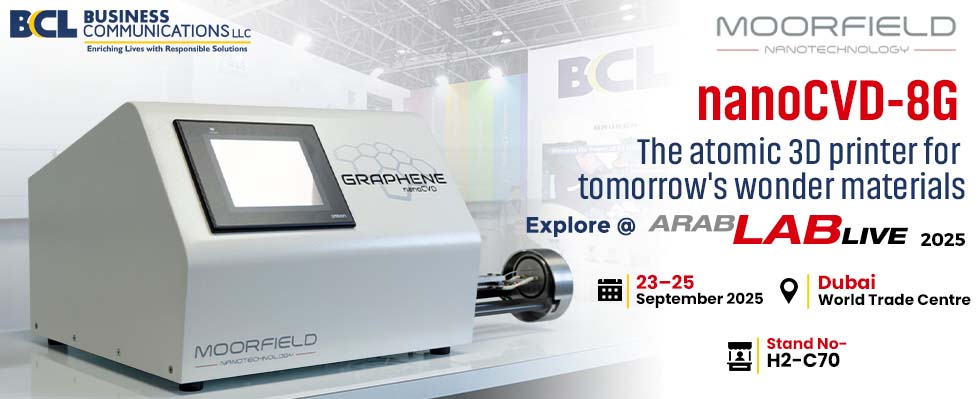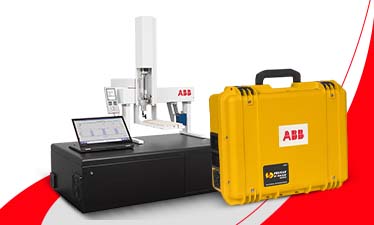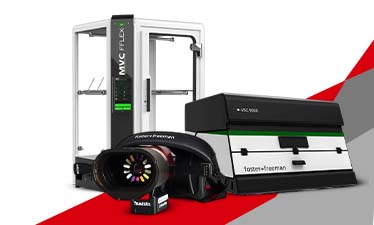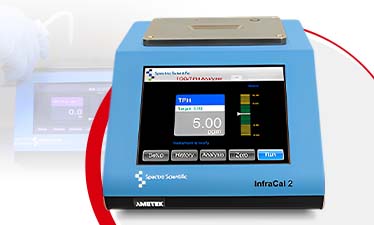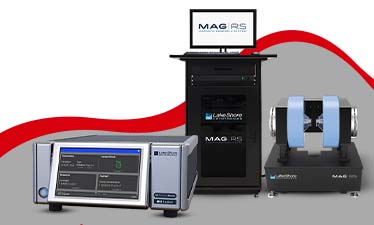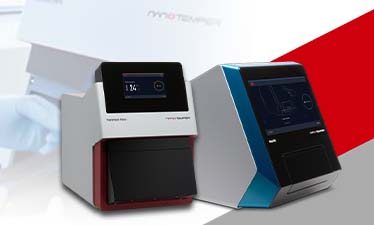Myth vs Truth: Rethinking Chemical Vapor Deposition at ArabLab 2025
Chemical Vapor Deposition is central to thin film and nanomaterial research, yet many misconceptions hold back labs from adopting modern tools. At ArabLab 2025, BCL will showcase Moorfield’s nanoCVD-8G, a compact CVD (Chemical Vapor Deposition) system designed to challenge these myths. Visit us at Stall H2-C70 and see how this advanced chemical vapor deposition machine is transforming research and pilot production.
Myth 1: CVD machines are too complex for smaller labs
Truth: The global Chemical Vapor Deposition (CVD) market is valued at approximately USD 3.8 billion in 2024 and is projected to reach USD 6.5 billion by 2030, growing at a CAGR of around 9.5%. This expansion is driven not only by large industrial players but also by research groups adopting compact, benchtop systems. The nanoCVD-8G reflects this trend with recipe-based automation, touchscreen HMI, and PC connectivity, making advanced thin film deposition accessible and easy to operate for labs of all sizes.
Myth 2: Only large-scale systems produce high-quality thin films
Truth: Demand for thin films is accelerating in semiconductors, solar cells, LEDs, and advanced materials manufacturing. Compact systems like the nanoCVD-8G meet this demand with precise control over temperature, pressure, and gas chemistry, enabling reproducible synthesis of materials such as graphene and metal oxides. In fact, modern benchtop CVD machines are increasingly adopted in research labs and pilot production environments for their flexibility, scalability, and lower operational costs.
Myth 3: CVD processes are slow and resource-heavy
Truth: Traditional tube furnace systems often take hours to complete a single run, consuming significant resources. By contrast, the nanoCVD-8G completes processes in under 30 minutes, supporting faster experimentation and improved efficiency. This efficiency mirrors wider industry trends as cold-wall CVD adoption grows globally for reducing contamination and improving throughput in lab-scale synthesis.
Fact Box: nanoCVD-8G at a Glance
- Ultra-compact benchtop CVD system for graphene and thin films
- Process times under 30 minutes
- Maximum temperature 1100 °C
- Substrate size up to 20 × 40 mm²
- Fully automated with recipe-based touchscreen operation
- PC connectivity for data logging and offline recipe setup
- Cleanroom compatible with built-in safety features
Myth 4: Thin film deposition lacks flexibility across materials
Truth: The nanoCVD-8G supports substrates up to 20 × 40 mm² and operates at temperatures up to 1100 °C, covering a broad spectrum from graphene to silicon carbide and metal oxides. These capabilities align with the growth drivers of the CVD equipment market, where flexibility and precise parameter control are critical for next-generation electronics and energy applications.
CVD Opportunities in the Middle East
The regional thin film equipment market in the Middle East is expanding at a CAGR of approximately 8.7% through 2030. This growth is powered by investments in semiconductor R&D, renewable energy projects, and nano-enabled healthcare technologies. In the UAE and GCC, government-backed smart city initiatives and innovation hubs are prioritising flexible, benchtop deposition tools like the nanoCVD-8G. Universities and industrial labs are upgrading their infrastructure to incorporate automated CVD systems, ensuring reproducibility and scalability in nanomaterial synthesis.
Moorfield’s Edge in Thin Film Research
Moorfield Nanotechnology is a trusted name in nanofabrication, recognised for precision engineering and automation. Decades of expertise in thin film deposition have positioned them as leaders in enabling advanced material synthesis. The nanoCVD-8G exemplifies their commitment to excellence, offering reproducible, scalable, and user-friendly solutions that empower labs and industries worldwide to innovate faster.
See It Live at ArabLab 2025
As demand for advanced thin films and nanomaterials continues to rise, precision equipment like the nanoCVD-8G is becoming indispensable. We are proud to feature this groundbreaking CVD system at ArabLab Exhibition 2025, helping labs and industries push the frontier of materials science.
Do not miss the chance to see the future of thin film technology.
Visit BCL at Stall No. H2-C70 from 23–25 September 2025 at the Dubai World Trade Centre.



